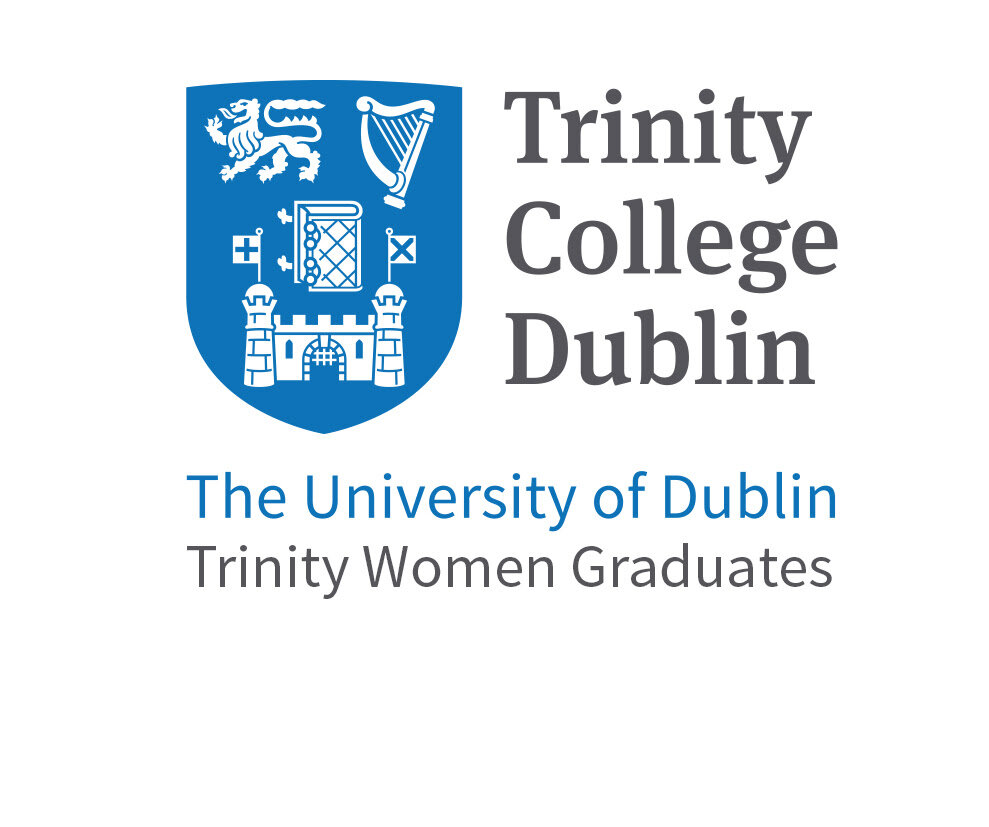Virtual Trinity Library - Cuala Press Project
The Library of Trinity College is delighted to announce that, as part of the Virtual Trinity Library, over 100 images of Cuala Press are now available to view online.
The Trinity Women Graduates (TWG) Centenary Archive Exhibition is already available to view on the Virtual Trinity Library here. The physical exhibition in the Long Room of the Old Library ended in June, was very well attended and many members of TWG and IrFUW were present at the launch of the exhibition by Provost Linda Doyle, with speakers HE Patricia O’Brien Ambassador of Ireland to Italy, Paula Meehan Poet and Helen Shenton Trinity Librarian.
Cuala Press Project - The information below is taken from the blog posts and research material available on the Virtual Trinity Library Platform.
The Cuala Press Archive was presented to Trinity College Library by Michael and Anne Yeats in 1986. The Cuala Press, initially operating as the Dun Emer Press, was run by Elizabeth Yeats from 1902 until her death in 1940. The press grew out of Dun Emer Industries, founded by Elizabeth and Lily Yeats and Evelyn Gleeson in Dundrum in 1902 with the aim of employing Irish women in the making of beautiful things, and contributing to the training and education of working class girls. Elizabeth Yeats was in charge of the press, while Lily Yeats organised the embroidery workshop. In 1908, following a split with Evelyn Gleeson, the Yeats sisters left Dun Emer Industries and continued their work as Cuala Industries, later Cuala Press. Elizabeth Yeats ran the press until her death in 1940, whereupon William Butler Yeats’ wife George took over along with Mollie Gill and another assistant. The press stopped printing books in 1946, but continued to create cards and prints. Seventy seven books were published by the Cuala Press between 1908 and 1946, starting with ‘Poetry and Ireland’ by W.B. Yeats and Lionel Johnson, and ending with Elizabeth Rivers’ ‘Stranger in Aran’. From 1969 the Cuala Press began printing books again, under the direction of W.B. and George Yeats’ children, Michael and Anne, who later presented the archive to Trinity. The archive, contains useful material such as minute books of directors’ meetings, letters, business papers, some original drawings for prints and sample books, as well as the printing press itself, metal type and printer’s blocks.
The Yeats sisters, Elizabeth and Lily, set out to build a female Arts and Crafts enterprise with Evelyn Gleeson at the anticipated dawn of a new Independent Ireland. Elizabeth ran the hand printing press, with her brother William as editor, and produced important Irish revivalist literature. Additionally, Elizabeth worked with several Irish artists, key among them her brother Jack, to produce hand-coloured prints, cards, bookplates, and the illustrated series A Broadside. Lily managed the embroidery department. Both were female enterprises and almost exclusively employed and trained young women as assistants in producing artefacts adhering to arts and crafts principles. Elizabeth was a woman of her time, a time of increasing female agency, politically, socially, and in the workplace, supporting the emancipation of women through training and education. As Conor Linnie pointed out in the TCD Poetics of Print exhibition, the Press’s ‘nationalism was also allied with a radical social programme, supporting the emancipation of women through training and education’.
Cuala Press remained active publishing new literature until 1946 by which time it was managed by the often overlooked Georgie (‘George’) Yeats. It continued under various incarnations, its primary function re-publishing Cuala prints, until the 1980s. However, its founding ethos and originality ended with the last published book in 1946, Stranger in Aran, an illustrated memoir by Elizabeth Rivers, by which time the press had already stopped commissioning new prints.
The Cuala Press Project commenced in October 2020 and is focused on two collections, the Cuala Press Print Collection (TCD MS 11574) and the Cuala Press Business Archives (TCD MS 11535). The project is supported by the Schooner Foundation which funded the appointment of an archivist, a conservator, a digital photographer, and a post-doctoral researcher in the history of art. The aim of the project is to catalogue, conserve, research and digitize the collections, and make them more accessible to researchers.
